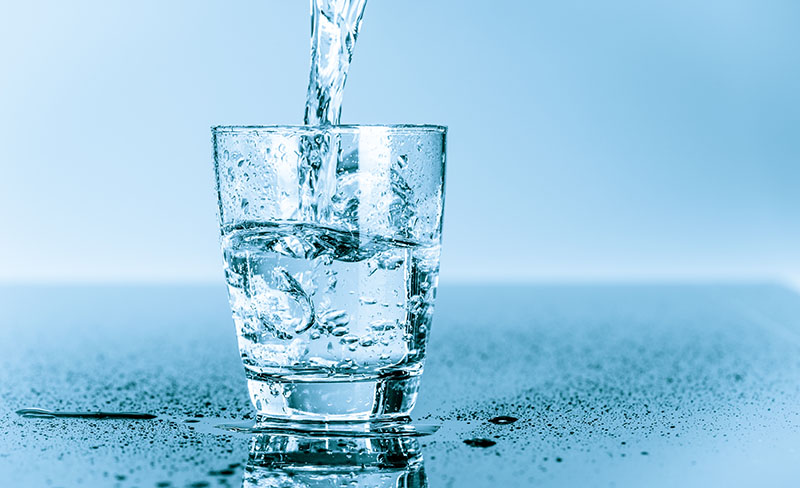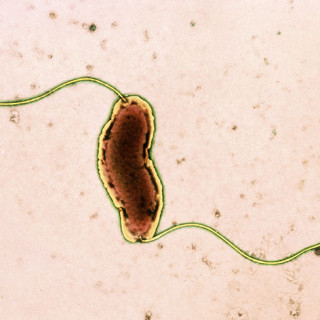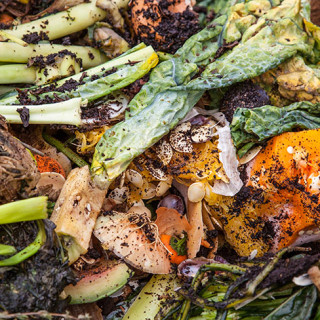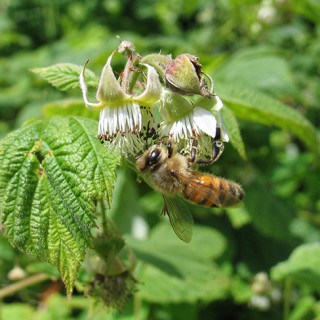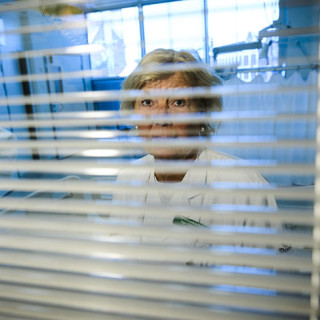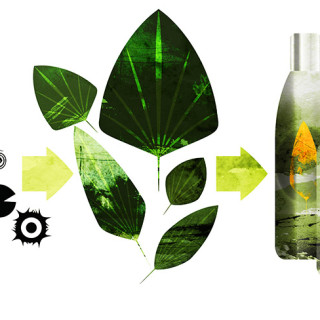Five quick questions to Peter Rådström about drinking water
You’re researching good and bad bacteria in our most important food. Which bacteria are good and which are bad?
“Bad microorganisms are pathogenic bacteria, viruses, protozoa and their toxins. Good microorganisms are those that reduce the risk of infection and intoxication, improve water quality, prevent degradation of pipes, and possibly promote our intestinal health.”
What effect do they have on drinking water?
“They determine the quality and safety of the water. The microbial drinking water ecology is relatively unknown and its function is poorly studied.”
What do you think of the drinking water quality in Sweden?
“Every year Sweden produces thousands of billions of cubic metres of good and fresh drinking water of the highest quality.”
What problems are there related to drinking water today, and how do you think we can solve it in the future?
“Climate change is likely to increase the risk of outbreaks of waterborne diseases caused by, for instance, Cryptosporidium. There is no effective early warning system for microbial hazards . It is unknown how climate change will affect the microbial drinking water ecology and water quality. The goal is to develop methods and instruments that include the water biology, improve the microbial analysis, and study how good bacteria function.”
What is your research on drinking water about?
“We’re studying the ecology of drinking water and its function, as well as improving the microbial analysis for effective quality management of water production.”
Text: Cecilia von Arnold
Published: 2015
Facts
-
Peter Rådström
-
Peter Rådström is a professor in Applied Microbiology at Lund University.


